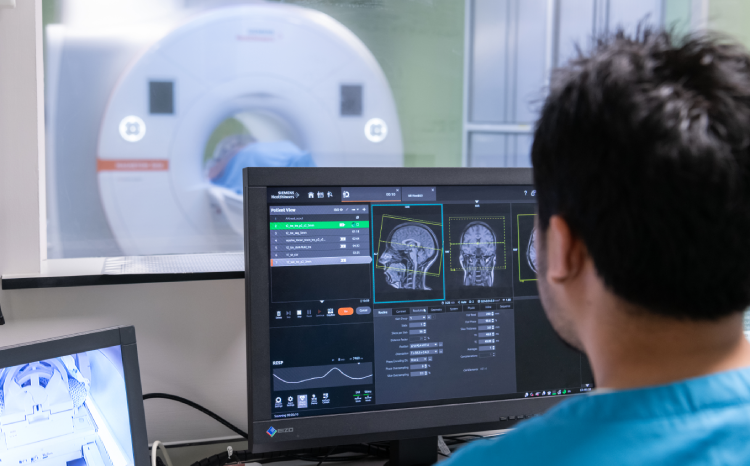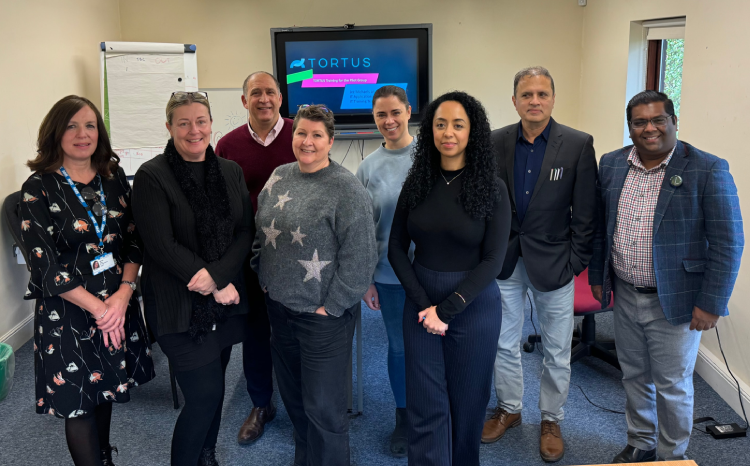Surrey pilots telehealth for depression
- 5 June 2014

Surrey and Borders partnership NHS Foundation Trust will pilot a bespoke telehealth system for service users with severe depression.
The trust has created the system together with telehealth company Medvivo. The system uses behavioural activation therapy, on tablet computers to users in their own homes.
The therapy helps people reduce behaviours that maintain depression and encourages positive activities by focussing on activity scheduling
The project was commissioned by Surrey County Council and Surrey’s clinical commissioning groups and will begin later this month.
Dr Helen Rostill, director of innovation and development at the trust, said that the technology is designed to give people more choice in how to interact with the trust, and not a replacement to face to face services.
“We already see people in their own homes, and will continue to do so, but we know there are factors that prevent people from making contact, and that people can simply have trouble taking that important first step toward engaging with us,” she said.
“Many others feel more comfortable talking over the phone or over the internet rather than face to face so this approach gives people more choice and flexibility about how and when they access our services.
“Telehealth enables us to connect with the person where they are – not just geographically, but where they are in their mind-set when it comes to accessing treatment and keeping to their treatment plan.”
Around 100 local people in North West Surrey who use the trust’s community mental health recovery service will take part in the trial over the next two years.
The users will each be set a tailor-made programme suited to their needs and will be given a Medvivo Home Pod tablet, to record information about their mood, wellbeing and if they are managing to complete agreed tasks.
The information is then fed back to a system monitored by a trained therapist and will be discussed during regular video conferencing sessions via the tablet between the individual and the health professional.
The trust and the council hope that the telehealth service will improve access to mental health services and reduce the number of unattended appointments.
The outcomes on the trial will be based on how well people stick to their treatment plans, how well they engage with the service and the overall impact of the technology.






